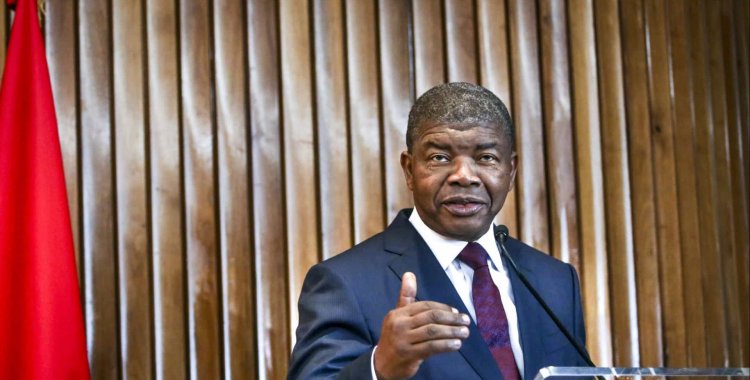The head of state's visit to the country's northernmost province, also the richest in oil, was even planned for August last year, but was cancelled, without any explanations being disclosed.
The President of the Republic will meet this Thursday morning with the heads of the provincial government, to discuss the general state of the territory, in a meeting which will also include several ministers, to provide clarification on the local performance of the respective sectors.
João Lourenço will also inaugurate the General Hospital of Cabinda and, in the afternoon, receives representatives of civil society, namely ecclesiastical figures, traditional authorities, young people and businessmen.
On Friday, the head of state inaugurated the Maritime Passenger Terminal, an infrastructure that will make it possible to use maritime transport as an alternative to flights to access the enclave, and must travel to the Malongo field (headquarters of the operations of the North American oil company in Angola) to visit 'in situ' the construction of an oil platform.
On Saturday, João Lourenço, also president of the MPLA, presides over a rally before returning to Luanda, as happened in early April in Cunene province, marking the launch of the pre-electoral campaign.
Angola goes to elections in August 2022.
Since last week, the Front for the Liberation of the State of Cabinda - Armed Forces of Cabinda (FLEC-FAC) has announced heavy fighting with the Angolan Armed Forces, with dozens of deaths.
The Executive does not normally confirm the casualties of the military and refuses to recognize a situation of instability in that province, always emphasizing the unity of the territory.
On Wednesday, five political organizations in Cabinda appealed to the President to recognize the right of the Cabindan people to self-determination, allowing a ceasefire in the region, where they say there is "a climate of military repression", persecution, torture and murder.
The province of Cabinda, where most of the country's oil reserves are concentrated, is not adjacent to the rest of the territory and for years local movements have defended its independence.
FLEC-FAC fights for the independence of that province, claiming that the enclave was a Portuguese protectorate, as established in the Treaty of Simulambuco, signed in 1885, and not an integral part of Angolan territory.
In the letter addressed to the President, João Lourenço, the "Political Organizations of Cabinda, in the Interior" protest against "the armed conflict and social degradation of the territory of Cabinda, which has lasted for more than 46 years".
The organizations say that since 1975 and until today, the people of Cabinda "exacerbated discrimination, a climate of military repression, social, economic and political degradation, persecution, arbitrary arrests, unfair trials and convictions, torture and murders, without any rights and investments, characteristics of an authentic colonization".
And they accuse the Luanda authorities of persisting in "repression, with military and political imposition, violating all the conventional principles and methods of the United Nations, European Union and African Union leading to the pacification" of the territory.
They therefore appeal to João Lourenço and his Government to "undertake the political-international dynamic", in compliance with the "international resolutions and conventions established by the United Nations, the African Union and the Security Council for the resolution of the Cabinda problem".
The subscribing organizations are the Consensual Front of Cabinda (FCC), Movement for the Reunification of the People of Cabinda for its Sovereignty (MRPCS), Union of Cabindans for Independence (UCI), Democratic Movement of Cabinda (MDC) and The Liberal Democrats of Cabinda (DLC).







